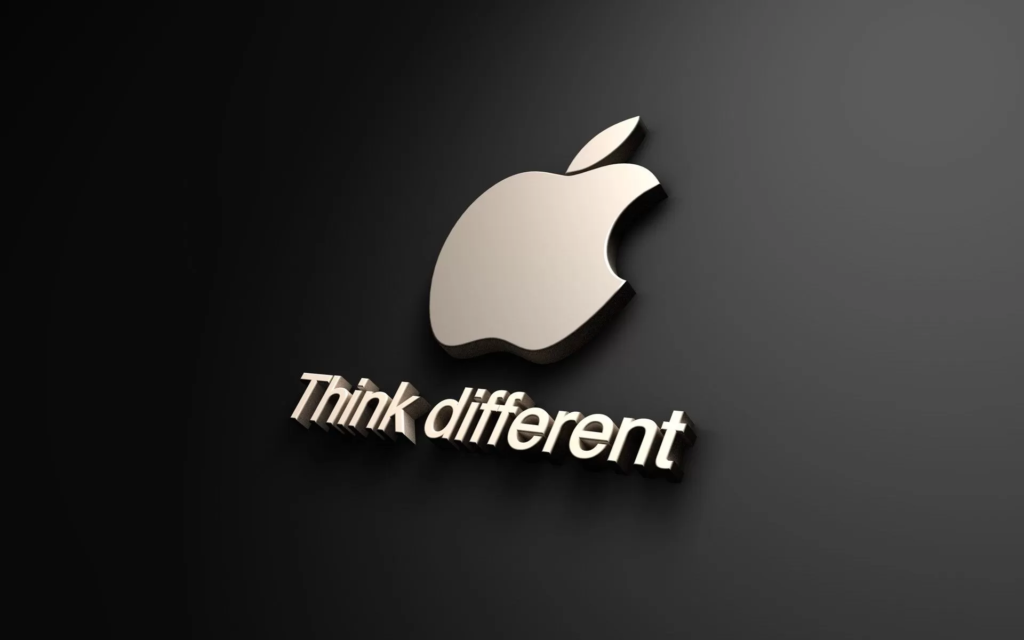Artificial intelligence (AI) is revolutionizing our daily devices, but it comes with significant privacy implications. Companies like Apple, Microsoft, and Google are at the forefront, introducing AI-powered phones and computers. That require more access to personal data. This article delves into what this means for our data and privacy.
The Push for More Data
Apple, Microsoft, and Google are integrating AI into their devices to automate tasks. Such as photo editing, generating email responses, and even identifying potential scam calls. For instance, Apple’s new AI services, called Apple Intelligence, will be built into its latest iPhones, iPads, and Macs. These services can automatically remove unwanted objects from photos. Create summaries of web articles, and write responses to text messages and emails. Microsoft has introduced Copilot+ PCs that generate images and rewrite documents, among other features. Google’s AI services include a scam detector that listens to phone calls in real-time.
However, these advancements come with a catch: they require increased access to user data. For instance, Windows computers will capture screenshots frequently, iPhones will aggregate data from various apps, and Android phones might listen to calls to alert users of potential scams. This raises the question: Is this information you are willing to share?
Privacy Concerns
Security experts warn that this shift towards AI could compromise our privacy. The constant data collection needed for AI to function effectively. Means more of our personal information could be processed in the cloud, where it is vulnerable to unauthorized access. Cliff Steinhauer, a director at the National Cybersecurity Alliance. Highlights the importance of considering the safety of our data when it’s being used by these companies. The biggest potential security risk with this change stems from a subtle shift in how our new devices work. Since AI can automate complex actions. It sometimes requires more computational power than our devices can handle, necessitating the transfer of personal data to external servers.
Once this information is transmitted to the cloud. It could be seen by others, including company employees, bad actors, and government agencies. While some of our data has always been stored in the cloud. The advent of AI means that even our most intimate data—photos, messages, and emails—may now be connected and analyzed by companies on their servers. This raises significant privacy concerns that cannot be overlooked.
Company Measures
To address these concerns, tech companies are implementing various measures to protect user data.
Apple Intelligence:

Apple aims to process most AI data directly on its devices, preventing others, including Apple itself, from accessing the information. For tasks that require server processing, Apple has developed safeguards, including encryption and immediate deletion of data. The company has also committed to allowing security researchers to audit its technology. To ensure it lives up to its promises.
Microsoft’s AI Laptops:

Microsoft’s Copilot+ PCs store and analyze data locally to ensure privacy. These computers can generate images, rewrite documents, and use a system called Recall. It help users quickly find documents, emails, or websites they have accessed. Recall takes screenshots every five seconds and stores them on the PC. Preventing the data from being reviewed by Microsoft or used to improve its AI. Despite these measures, security researchers warn that the data could expose everything you’ve ever typed or viewed if hacked.
Google AI:

Google’s new AI services include a scam detector that operates on-device. Alerting users to potential scams without sending data to the cloud. However, other features, like Ask Photos, do require cloud processing. Google claims that its cloud is secured with encryption and protocols to limit employee access to data. Yet, some experts remain skeptical about the level of privacy offered.
Conclusion
While AI offers numerous benefits, it also raises crucial questions about data privacy. Understanding how our data will be used and what measures companies are taking to protect it is essential. As these technologies evolve, staying informed and vigilant about our privacy rights becomes more important than ever.

















